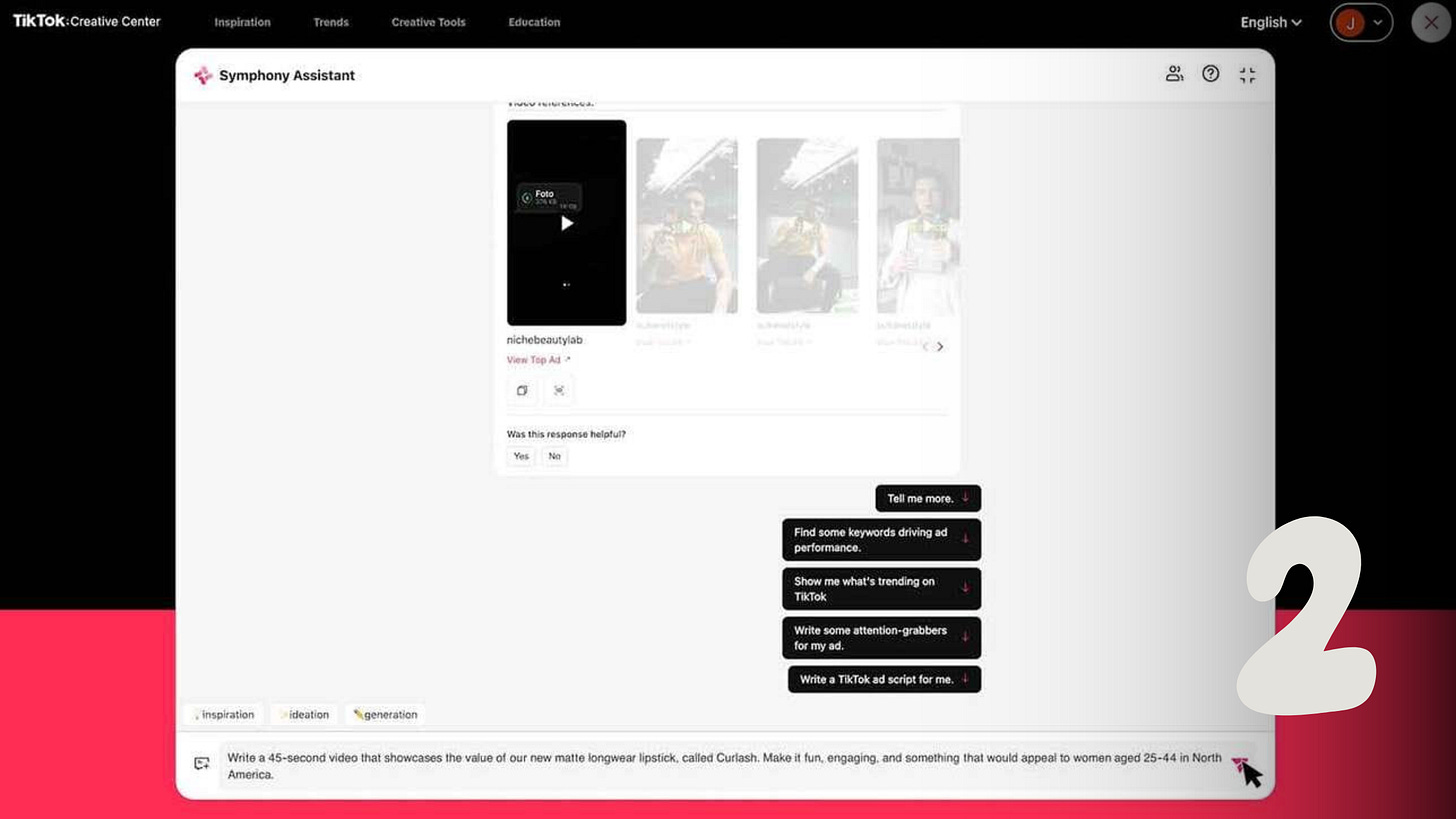🎉 Gen Video's Big Week, TikTok AI, Artificial Politicians, AI Cancer Screening
Multiple Gen AI Video Public Releases, TikTok Adopts AI Creators, AI Runs for UK Parliament, Taking on Cancer Head On
Welcome to this week’s edition of AImpulse, a five point summary of the most significant advancements in the world of Artificial Intelligence.
Here’s the pulse on this week’s top stories:
What’s Happening: Luma Labs just launched Dream Machine, a new AI model that can generate high-quality, realistic 5-second video clips from text and image prompts — and is already available to the public, unlike OpenAI’s Sora.
The details:
The model generates 5-second clips from text prompts or a reference image with impressive smoothness, consistency, and camera movements.
Dream Machine is a transformer model trained on video content, allowing for more coherent outputs that better mimic real-world interactions and physics.
Luma says the model can produce 120 frames of video in 120 seconds, though wait times were longer at release with high demand.
The tool launched with a free plan offering 30 video generations, with a paid tier extending to 2,000 outputs per month.
Why it matters: While the public still awaits the launch of OpenAI’s Sora, other models like KLING and Dream Machine are already giving users a taste of powerful new capabilities. AI video is taking a massive leap — and each new competitor is raising the bar even higher for when Sora does open to the masses.
What’s Happening: TikTok just launched Symphony, a new suite of AI features to help brands and creators produce content more efficiently on the platform — including digital avatars, translation tools, an AI assistant, and more.
The details:
Symphony Digital Avatars enable brands to generate AI spokespeople to star in their TikTok ads and branded content across multiple languages.
Brands can choose from a selection of ‘stock avatars’ based on real actors or create custom avatars to serve as virtual brand reps.
A new AI Dubbing tool automatically transcribes, translates, and dubs videos into 10+ languages, helping brands scale content globally.
TikTok’s Creative Assistant has been rebranded to Symphony Assistant, a chatbot to help with brainstorming, writing scripts, and optimizing content for the platform.
Why it matters: The creator economy is about to be completely remade with AI, and these tools will unlock new opportunities for optimized content, reach, and creation — but the rise of digital ‘spokespeople’ will also raise new questions on authenticity and consumer trust that brands will need to grapple with.
What’s Happening: Earlier this week Runway introduced Gen-3 Alpha, a powerful new AI model that can generate highly realistic 10-second video clips from text prompts and images — bringing consistency, motion, and structure improvements.
The details:
Gen-3 Alpha is the first in Runway's next-gen model series, trained on a new large-scale multimodal infrastructure for learning "general world models".
The model is trained on both images and video, integrating with Runway’s existing tools like Motion Brush and Director mode for advanced editing.
Key capabilities include realistic characters, cinematic camera techniques, and smoother transitions between scene changes.
Why it matters: June 2024 has been the month of AI video acceleration. Between KLING, Luma, and Runway dropping public models, and giants like OpenAI’s Sora and Google’s Veo waiting in the wings — generative video is having it’s moment.
What’s Happening: An AI-powered candidate named ‘AI Steve’ is running for U.K. Parliament in next month’s general election — creating polarizing questions around AI’s use in government affairs.
The details:
AI Steve is represented by businessman Steve Endacott and will appear as an independent candidate in the upcoming election.
Voters can interact with AI Steve online to ask policy questions and raise concerns or suggestions, which the AI will incorporate based on feedback.
If elected, Endacott will serve as AI Steve's human proxy in Parliament, attending meetings and casting votes based on the AI's constituent-driven platform.
Why it matters: The idea of an AI running for office might sound like a joke, but the tech behind it could actually help make our politicians more independent and (ironically) autonomous. AI-assisted governance is likely coming someday, but it’s probably still a bit too early to be taken seriously.
What’s Happening: Health tech company Color just partnered with OpenAI to create an AI assistant to help doctors craft personalized cancer screening and treatment plans — aiming to drastically reduce delays in care.
The details:
Color’s AI copilot, built on GPT-4o, analyzes patient data, guidelines, and medical records to identify screening gaps and create tailored diagnostic plans.
Automating pre-treatment workups saves crucial weeks or months of treatment time — with cancer mortality risk rising 6-13% per month of delay.
In testing, doctors using AI copilot identified 4x more missing labs and tests compared to those not using the tool.
Color is aiming to provide AI-generated screening plans for over 200,000 patients by late 2024.
Why it matters: When it comes to treating the second-leading cause of death worldwide, every day counts — and yet cancer patients frequently suffer from delayed diagnosis and treatment. Color’s AI copilot’s ability to streamline these processes can make all the difference in the difficult fight against cancer.






